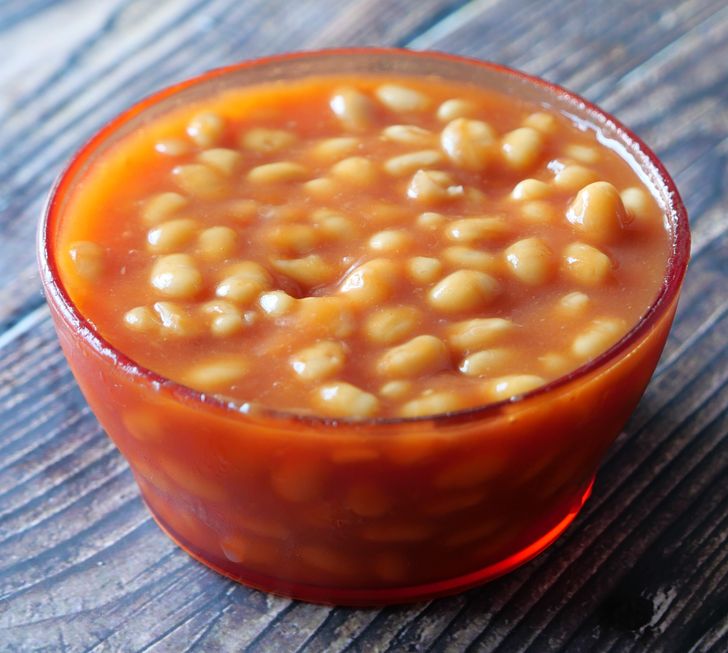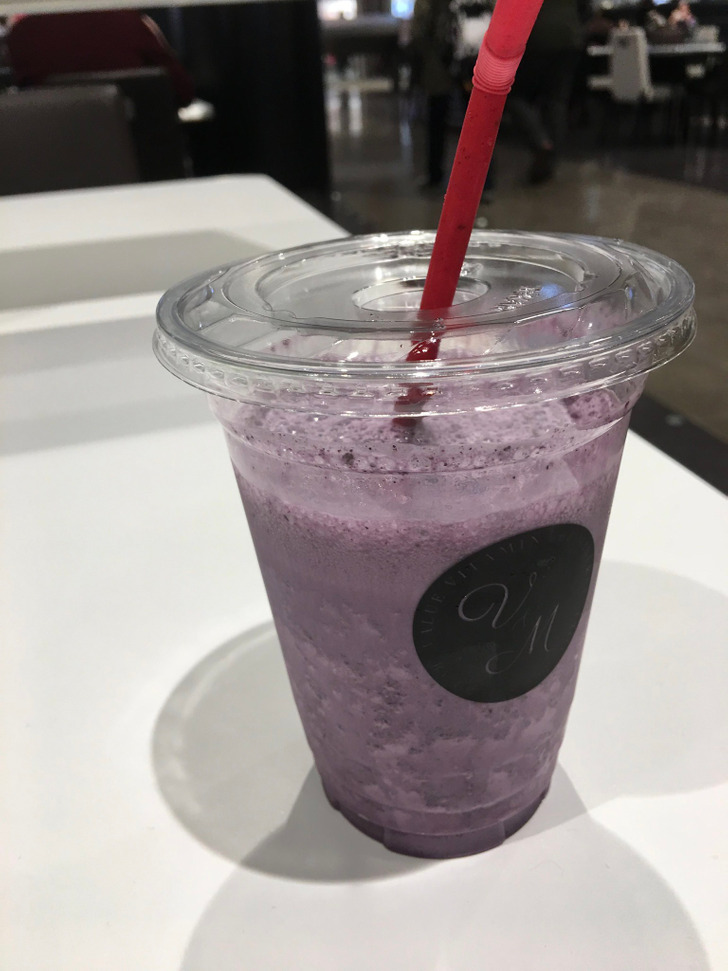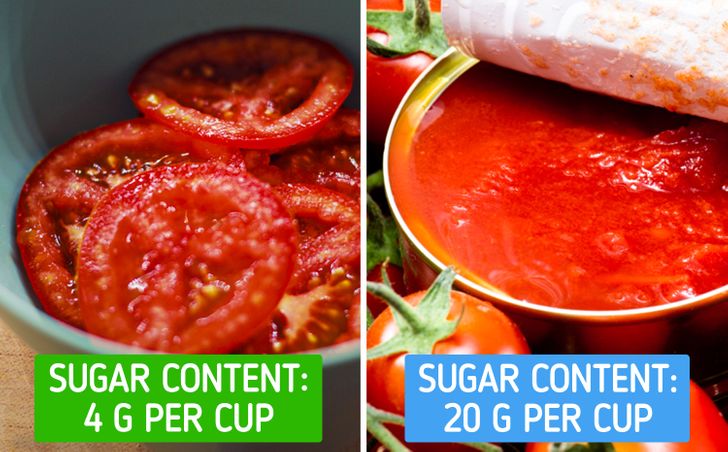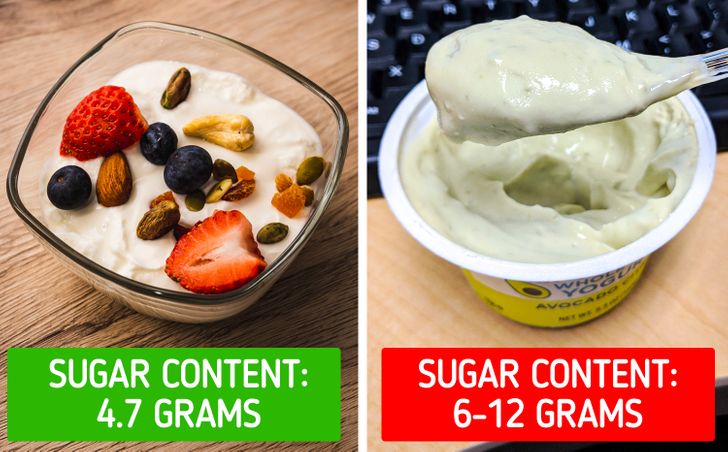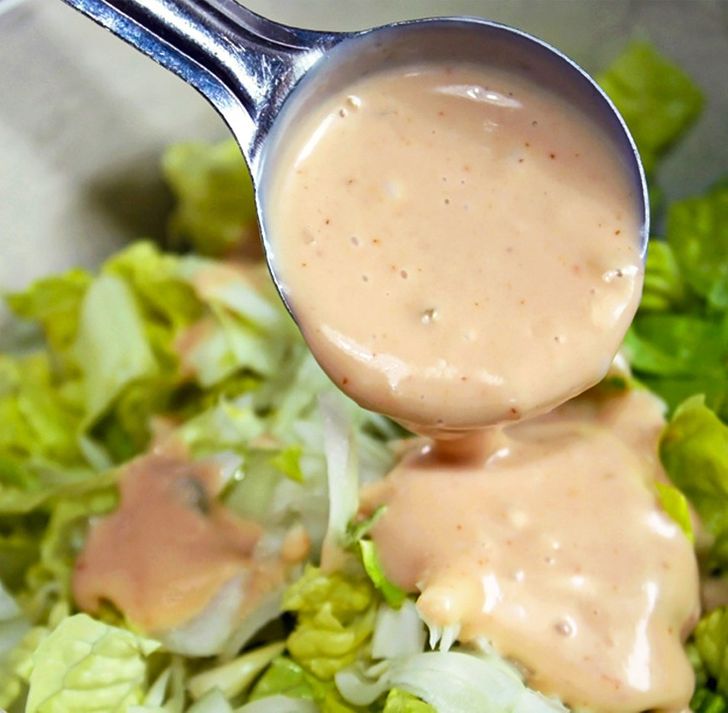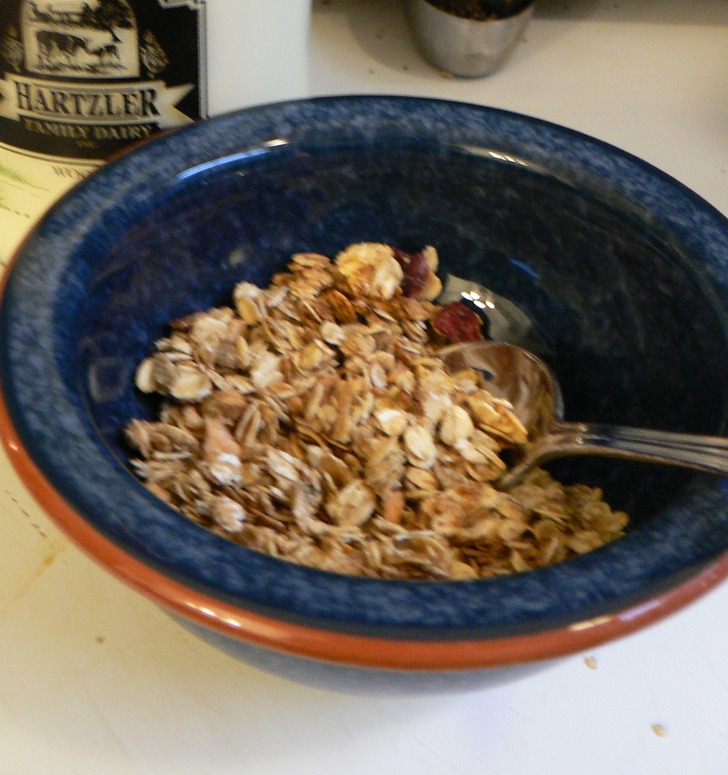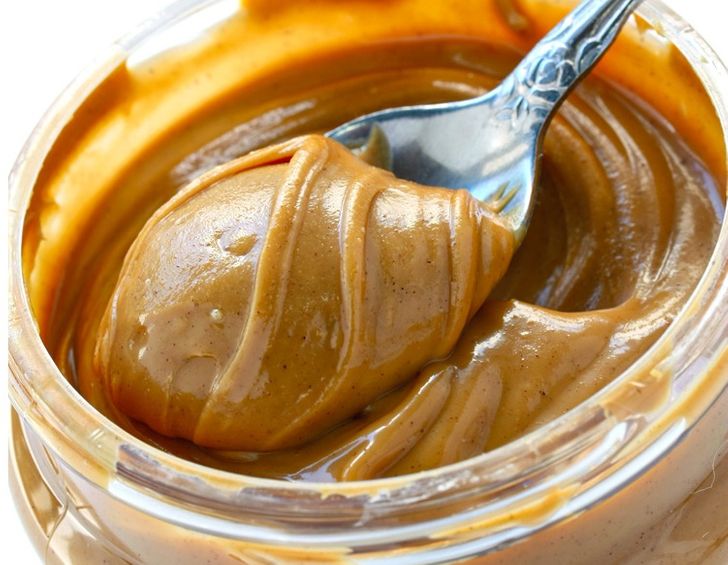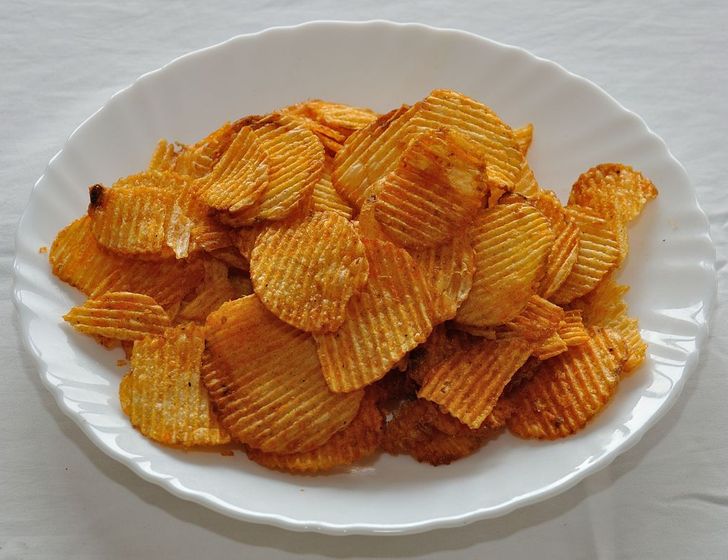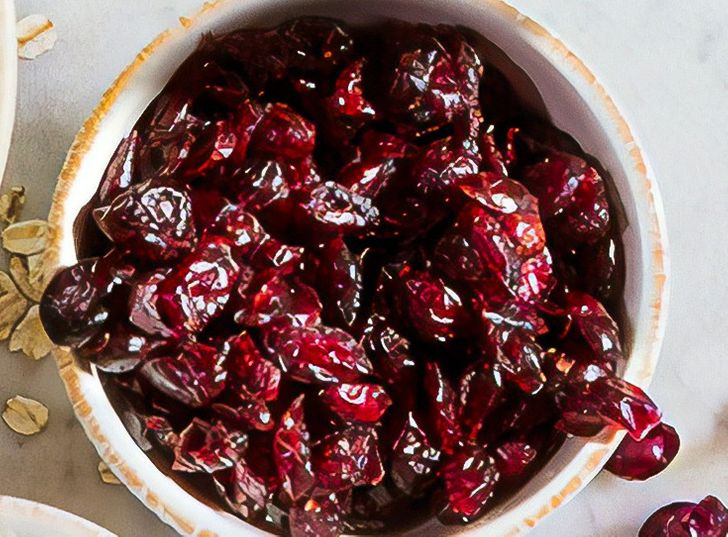10 Popular Foods That Surprisingly Contain More Sugar Than We Could Expect
Experts recommend that women should only consume 24 grams of sugar a day, while men are allowed up to 36 grams. But did you know that a can of soda already contains nearly 40 grams of sugar? Granted, everyone knows sodas are high in sugar, but many are unaware that a can of tomato soup can hold up to 20 grams of sugar per serving, and your favorite apple juice, even if labeled unsweetened, has about 25 grams of sugar a cup.
1. Baked beans
When thinking about savory baked beans, them being high in sugar is not the first thing that comes to our minds. One portion of 254 grams of baked beans contains no less than 5 teaspoons of sugar.
2. Smoothies
3. Canned soup
You’d think that store-bought soup would be a healthy combination of water and nutritious vegetables. But when you zoom in on the nutrition facts, you will notice that a single can’s sugar content can actually cover your entire required daily sugar intake. This is especially common in tomato-based sauces, which contain 8.7 grams of sugar per 1 cup.
4. Low-fat yogurt
While low-fat foods might be tempting to those trying to live a healthier lifestyle, not all of them are actually better for you — especially when it comes to yogurt. A serving of full-fat plain yogurt has 4.7 grams of sugar, while a serving of Greek yogurt can have up to 6 to 12 grams of sugar. For example, a single cup (245 grams) of low-fat yogurt can contain over 45 grams of sugar. The addition of sugar in low-fat options is used to make up for the loss of flavor and consistency that comes from fat. Many low-fat and flavored yogurts also contain unhealthy forms of sweeteners, like sucrose or high-fructose corn syrup.
5. Fat-free salad dressing
Similar to yogurt, salad dressings that have less fat and calories contain increased amounts of sugar. 2 tablespoons of your favorite store-bought salad dressing can have about 7 to 10 grams of added fat. Experts recommend making your own salad dressing at home to ensure that there are no added sugars, preservatives, or other unhealthy ingredients.
6. Granola
Granola is often marketed as a low-fat health food. Although the main ingredient in this product is oats, it can also include nuts, honey, or other added sweeteners, which increases the amount of sugar. Some granola brands can contain 5–7 teaspoons of sugar per 100 grams. So it is better to make homemade granola instead of buying it.
7. Peanut butter
Peanut butter is a popular source of protein and a versatile pantry staple. While natural kinds of peanut butter contain little or no sugar, many commercial variants are filled with unhealthy oils and added sugars, which make a seemingly healthy spread into a potentially dangerous one. Some popular brands can have up to 8 grams of sugar per 2 tablespoons. Dieticians recommend reading the ingredient labels of the peanut butter so you can see which ones are the most natural and healthy.
8. Coleslaw
Cabbage is a healthy vegetable loaded with nutrients, anti-inflammatory properties, and vitamin K. But coleslaw, the one with full-fat mayo and white sugar, can have up to 16.3 g of sugar per cup.
9. Potato chips
Salty snacks don’t seem to equate to sugar, but a bag of your favorite potato chips can have about 3%-5% sugar content. This is especially common in chips with flavors such as barbecue, sweet chili, honey, or sweet corn chips. Depending on how many chips you eat, 15 barbecue-flavored potato chips can already have 2 grams of sugar. Chips are also high in carbs, which your body converts into a form of sugar called glucose. Nutritionists advise that junk food, such as chips, should be eaten sparingly to prevent any illnesses.
10. Dried fruit
Dried fruit is considered a go-to healthy snack. Similar to their fresh versions, they are rich in vitamins, fiber, and antioxidants. However, when the fruits are dehydrated, the water content is removed, leaving all the sugars compacted into the shriveled fruit, making them very high in natural sugars.
